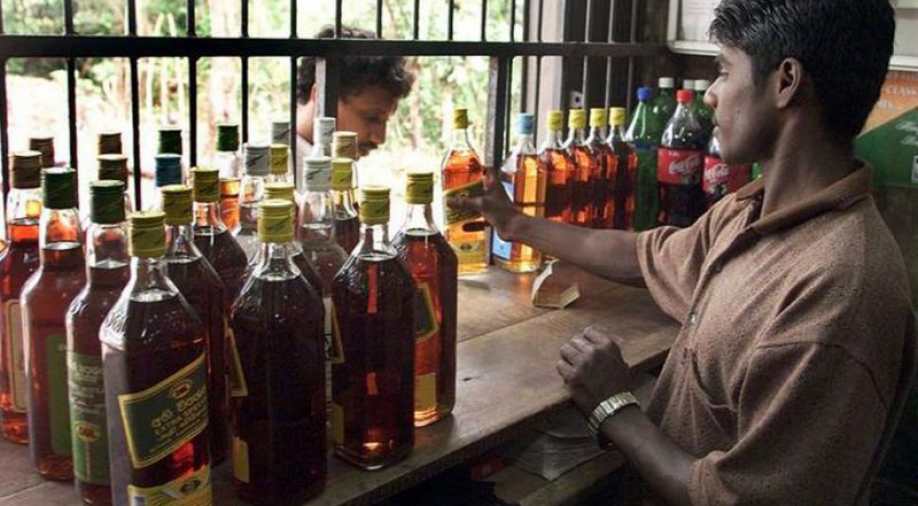
Lockdown: SC suggests states to consider door delivery of liquor
The Supreme Court on Friday (May 8) said that the states should consider “indirect sales, home delivery” of liquor to maintain social distancing norms and disperse crowds near alcohol shops across the country.

The Supreme Court on Friday (May 8) said that the states should consider “indirect sales, home delivery” of liquor to maintain social distancing norms and disperse crowds near alcohol shops across the country.
Justices Ashok Bhushan, Sanjay Kishan Kaul and BR Gavai suggested this while hearing a PIL filed against the sale of liquor during the nationwide lockdown in view of the coronavirus outbreak, “affecting the life of the common man.”
The three-judge bench said, “We will not pass any order but states should consider home delivery or indirect sale of liquor to maintain social distancing.”
“Discussion on home delivery (of alcohol) is going on. What do you want us to do?” Justice Kaul added.
As per a report in Reuters, food delivery app Zomato is considering indulging in door-delivery of liquor.
Even as there are no provisions for the same in India, industry body International Spirits and Wines Association of India (ISWAI), Zomato and others, are lobbying for a change.
Related news: With 45% national intake, southern states draw 15% revenue from liquor
Advocate Deepak Sai, who appeared for the petitioner, argued that social distancing protocols will be difficult to follow at wine and spirits shops due to limited number of stores being allowed to reopen and massive crowds gathering outside each.
“I only want (that the) life of (the) common man should not be affected because of liquor sales. MHA (Home Ministry) should issue clarification to states on liquor sales,” the lawyer said.
Alcohol stores this week gathered massive crowds queuing outside each shop following the government order than only standalone alcohol shops in “orange” and “green” zones, or areas where there were no more than 15 confirmed coronavirus cases, would be allowed to re-open.
In response to people flouting social distancing norms, states such as Delhi, Uttar Pradesh, and Andhra Pradesh imposed a massive 70 per cent “corona tax” on liquor sales.
While the Delhi government introduced an e-token system to help control crowds, the Tamil Nadu government allowed age-specific time slots for the sale of liquor available in certain parts of the state.

